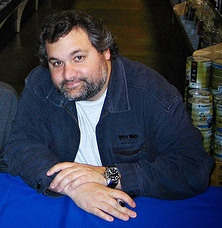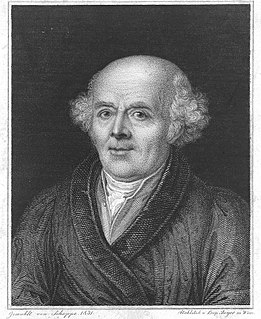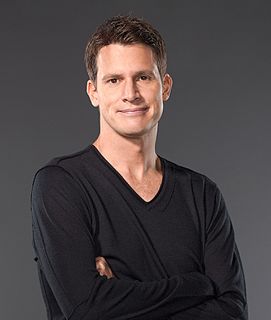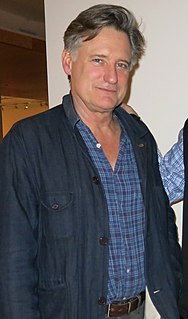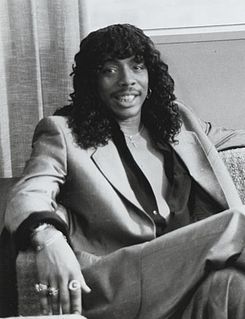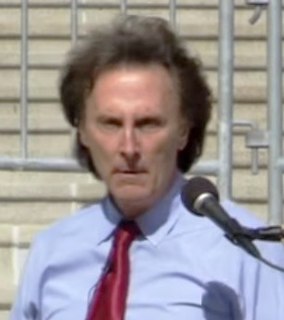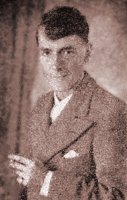A Quote by Behdad Sami
If success is my drug then I've been on a chronic overdose all my life.
Quote Topics
Related Quotes
There is a safe, nontoxic drug called naloxone that can instantly reverse opioid overdose and prevent most of these deaths. But the drug war interferes with saving overdose victims in two ways: first, because witnesses to overdose fear prosecution, they often don't call for help until it's too late. Second, because the drug war supports the belief that making naloxone available over-the-counter or with opioid prescriptions would encourage drug use, the antidote is available only through harm reduction programs like needle exchanges or in some state programs aimed at drug users.
Every effective drug provokes in the human body a sort of disease of its own, and the stronger the drug, the more characteristic, and the more marked and more violent the disease. We should imitate nature, which sometimes cures a chronic affliction with another supervening disease, and prescribe for the illness we wish to cure, especially if chronic, a drug with power to provoke another, artificial disease, as similar as possible, and the former disease will be cured: fight like with like.
One strand of psychotherapy is certainly to help relieve suffering, which is a genuine medical concern. If someone is bleeding, you want to stop the bleeding. Another medical aspect is the treatment of chronic complaints that are disabling in some way. And many of our troubles are chronic. Life is chronic. So there is a reasonable, sensible, medical side to psychotherapy.



